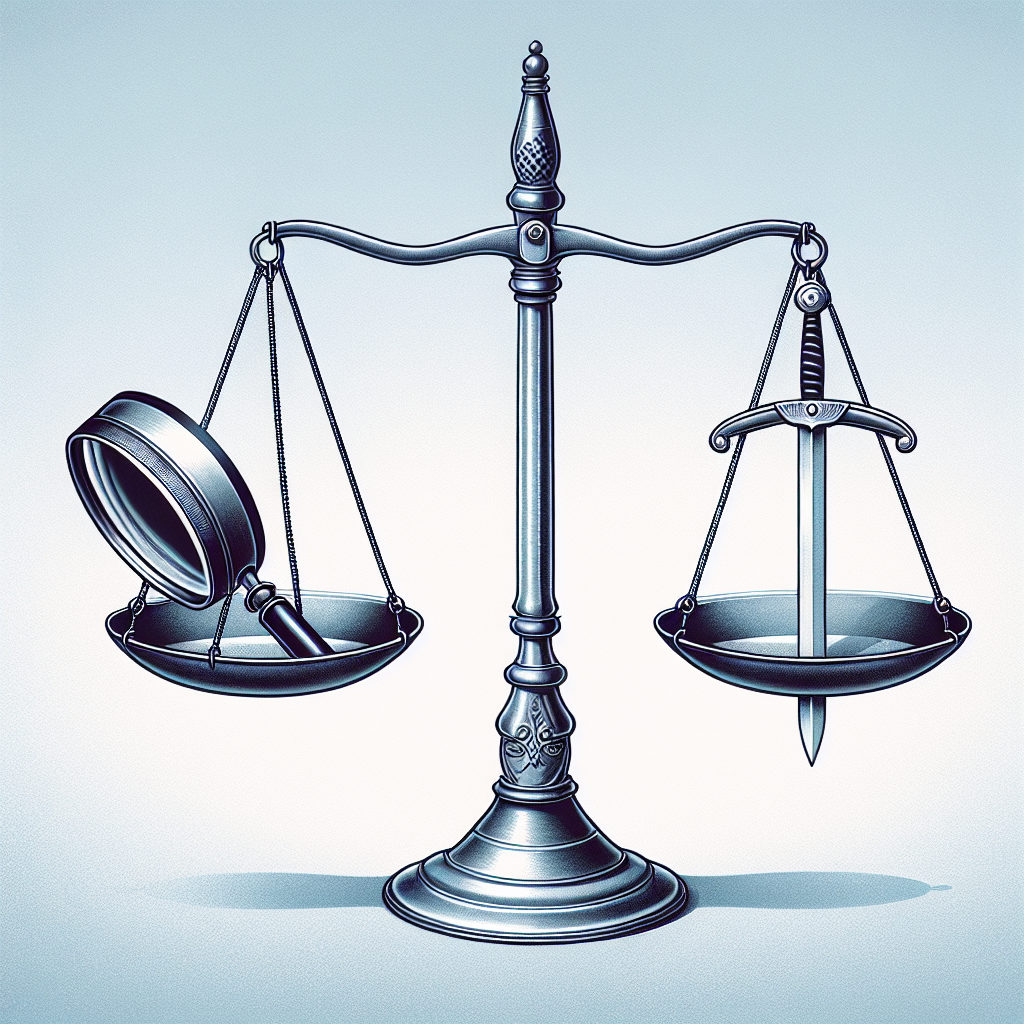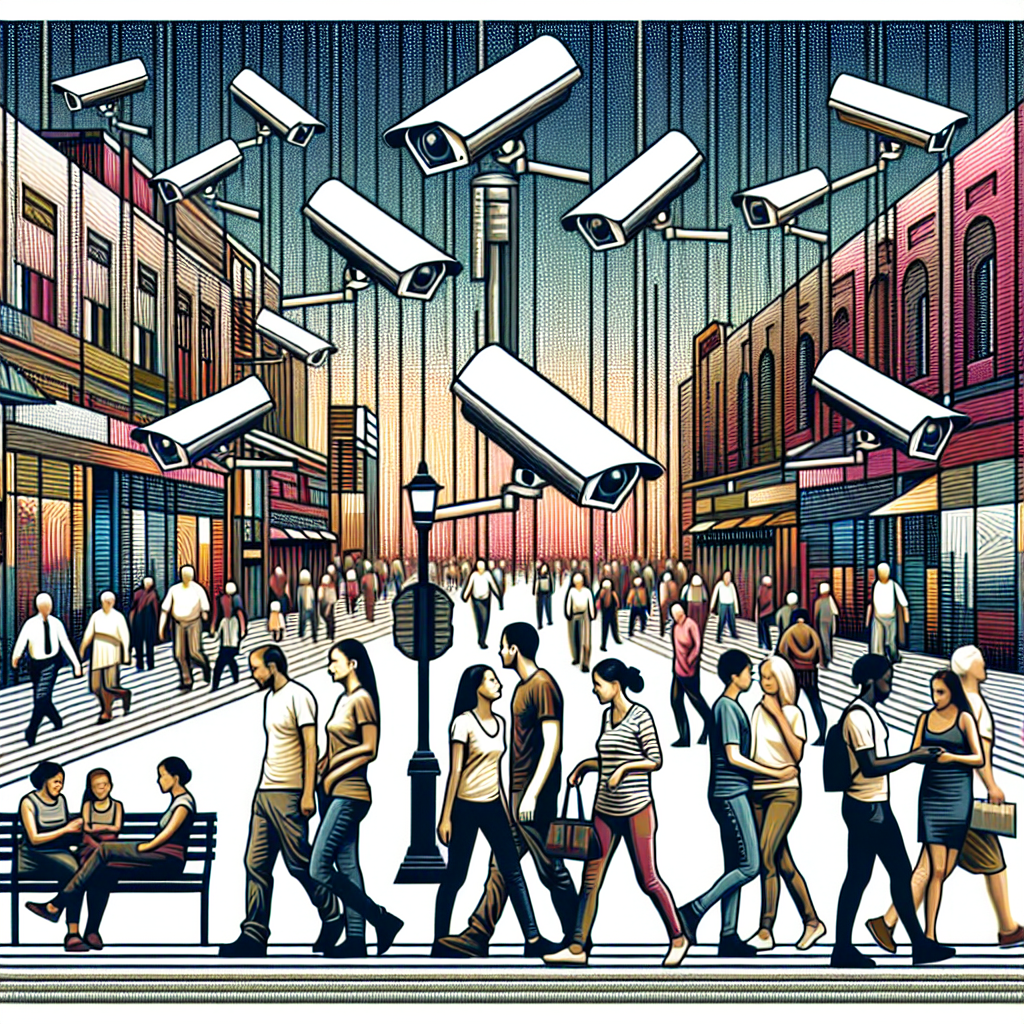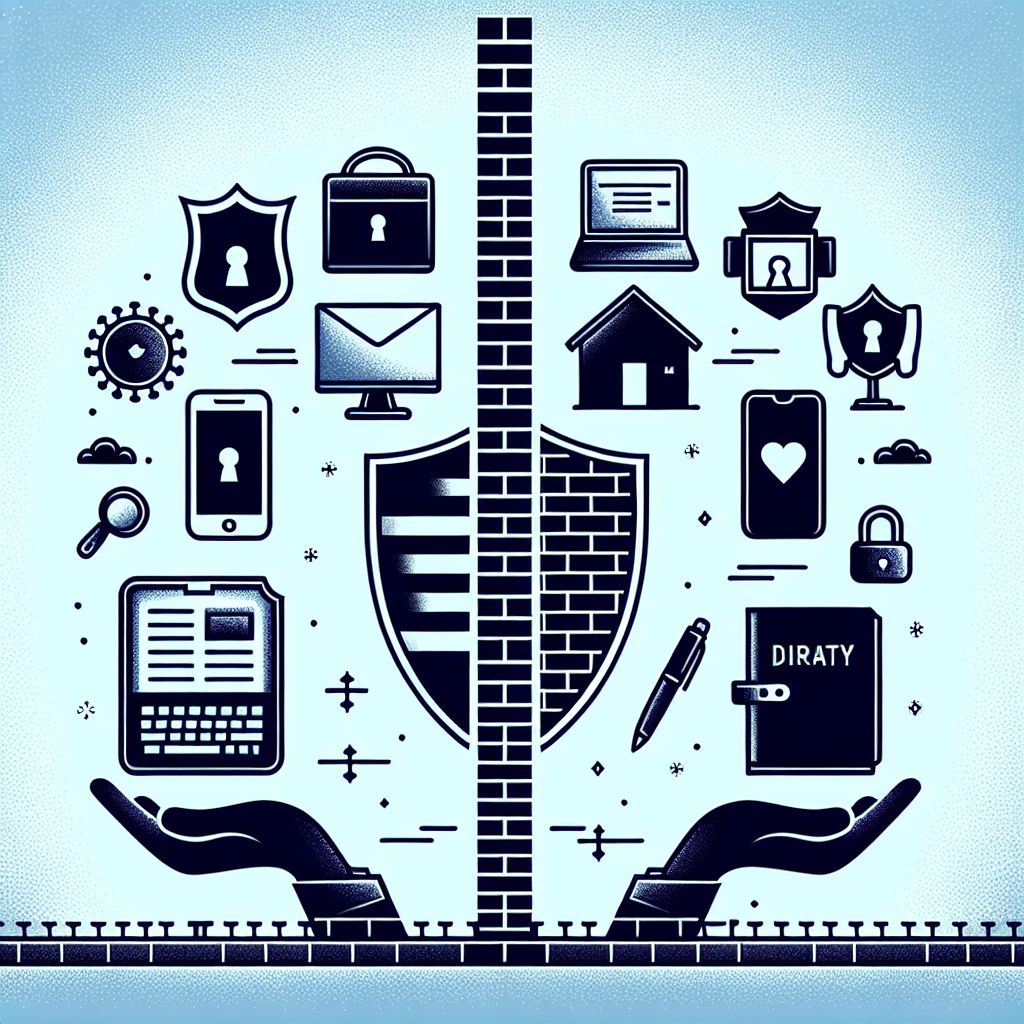The Ethics of Government Surveillance: A Double-Edged Sword
Understanding Government Surveillance
Government surveillance refers to the monitoring of individuals or groups by governmental entities, typically justified through security needs, law enforcement, or national interests. The scope of this surveillance varies significantly, including data collection from digital communications, closed-circuit television (CCTV) in public spaces, and the monitoring of financial activities. As technology advances, the capabilities of government agencies to gather information have expanded exponentially, stirring ethical debates.
The Justification for Surveillance
Governments often argue that surveillance is essential for maintaining public safety and national security. High-profile terrorism events have prompted public support for broad surveillance programs, as they are viewed as effective tools for preempting potential threats. Data obtained through these programs can help identify suspicious behavior, track criminal activities, and locate missing persons.
From an ethical standpoint, proponents argue that the government has the responsibility to protect its citizens. Surveillance can be seen as a necessary measure, akin to police presence in high-crime areas. Moreover, intelligence gathering through digital means can lead to identifying larger patterns of dangerous activities, enhancing overall security.
Risks to Privacy Rights
However, the ethics of government surveillance come under scrutiny when considering privacy rights. Critics argue that surveillance fundamentally undermines individual privacy, a cornerstone of democratic society. According to the United Nations’ Universal Declaration of Human Rights, everyone has the right to privacy, and any encroachment must be carefully justified.
The intrusion into personal lives can lead to a chilling effect, where individuals refrain from expressing themselves freely or engaging in lawful activities due to fear of being monitored. The collection of personal data without consent raises significant ethical concerns, as most citizens are not fully aware of the extent of government surveillance or how their information is used.
The Balance Between Security and Liberty
The debate often centers around the balance between security and individual liberty. Benjamin Franklin’s famous adage, “Those who would give up essential Liberty, to purchase a little temporary Safety, deserve neither Liberty nor Safety,” encapsulates the dilemma. Ethical surveillance practices must navigate this delicate balance, ensuring that while citizens are protected, their fundamental rights are respected.
The rationale for surveillance often leads to the normalization of invasive practices. This normalization can foster a culture of surveillance that surpasses reasonable limits. Without clear regulations and accountability measures, there is a risk of misuse of gathered data, potentially targeting dissenters, activists, or marginalized communities.
The Role of Transparency and Accountability
Transparency in government surveillance practices is crucial for ethical operations. Citizens have the right to know how their data is collected, who has access to it, and how it is used. Open discussions and public consultations about surveillance programs can help establish trust between government agencies and the public.
Accountability mechanisms should be in place to ensure that violations of privacy are addressed. Oversight bodies, independent audits, and clear legal frameworks set the standards for ethical behavior. Public confidence in government actions hinges on the assurance that surveillance practices operate under strict scrutiny.
Surveillance Technologies: Benefits and Ethical Quandaries
Surveillance technologies, such as facial recognition and data mining, present both benefits and ethical quandaries. While they offer significant advantages for law enforcement and security operations, their deployment also raises substantial concerns regarding discrimination, bias, and the potential for abuse.
Facial recognition technology, for example, has been shown to have higher error rates for individuals of certain demographics, particularly people of color and women. This bias leads to ethical issues surrounding equity and justice in the application of surveillance technologies. Moreover, the potential for mass surveillance creates an environment where individuals may be unfairly targeted based on race, socioeconomic status, or political affiliation.
The Global Perspective
The ethical implications of government surveillance extend beyond national borders. Countries have different laws governing surveillance practices, often influenced by cultural norms and historical contexts. For instance, in nations where authoritarian regimes prevail, surveillance is frequently used as a tool for oppression rather than security.
International human rights frameworks are increasingly critical in shaping the dialogue around surveillance. Global collaboration is necessary to establish standards that uphold individual dignity and privacy while addressing legitimate security concerns. Diplomacy and international law must evolve alongside technology to mitigate the ethical challenges presented by transnational surveillance operations.
The Role of Citizens in Upholding Ethics
Citizens play a vital role in promoting the ethical use of government surveillance. Advocacy for transparency, data protection rights, and the establishment of ethical guidelines surrounding surveillance practices should come from an informed populace. Grassroots movements, civil rights organizations, and engaged citizens can push for policy changes that prioritize individual rights and innovations in technology.
Public discourse surrounding surveillance can also drive accountability. Citizens can participate in discussions through public forums, social media, and civic engagement initiatives. Awareness of surveillance implications allows citizens to advocate for comprehensive legislation that protects privacy while considering the necessity of security measures.
Legal Frameworks Surrounding Surveillance
Countries implement varying legal frameworks that govern surveillance practices. In the United States, legislation such as the USA PATRIOT Act expanded the government’s surveillance capabilities in the wake of the September 11 attacks, prompting significant debate around civil liberties. The European Union’s General Data Protection Regulation (GDPR) emphasizes citizen data rights, mandating stricter consent protocols for data collection and usage.
Legal frameworks must remain adaptable, responding to technological advancements and societal shifts. Collaborative dialogues among lawmakers, technologists, and civil liberties organizations can forge solutions that respect both security and privacy.
Future Challenges and Ethical Considerations
The evolution of technology will continue to present ethical challenges surrounding surveillance. Advancements in artificial intelligence could soon enable unprecedented levels of data analysis, enhancing surveillance capabilities but also increasing risks to privacy. Ethical frameworks must evolve to mitigate these risks and ensure that technology serves the public interest.
As we move forward, the conversation around government surveillance will become increasingly complex. The ethical considerations will necessitate ongoing dialogues that balance national security needs with individual rights. By addressing these challenges comprehensively, society can navigate the double-edged sword of government surveillance, ensuring both safety and liberty coexist harmoniously.













Leave a Reply